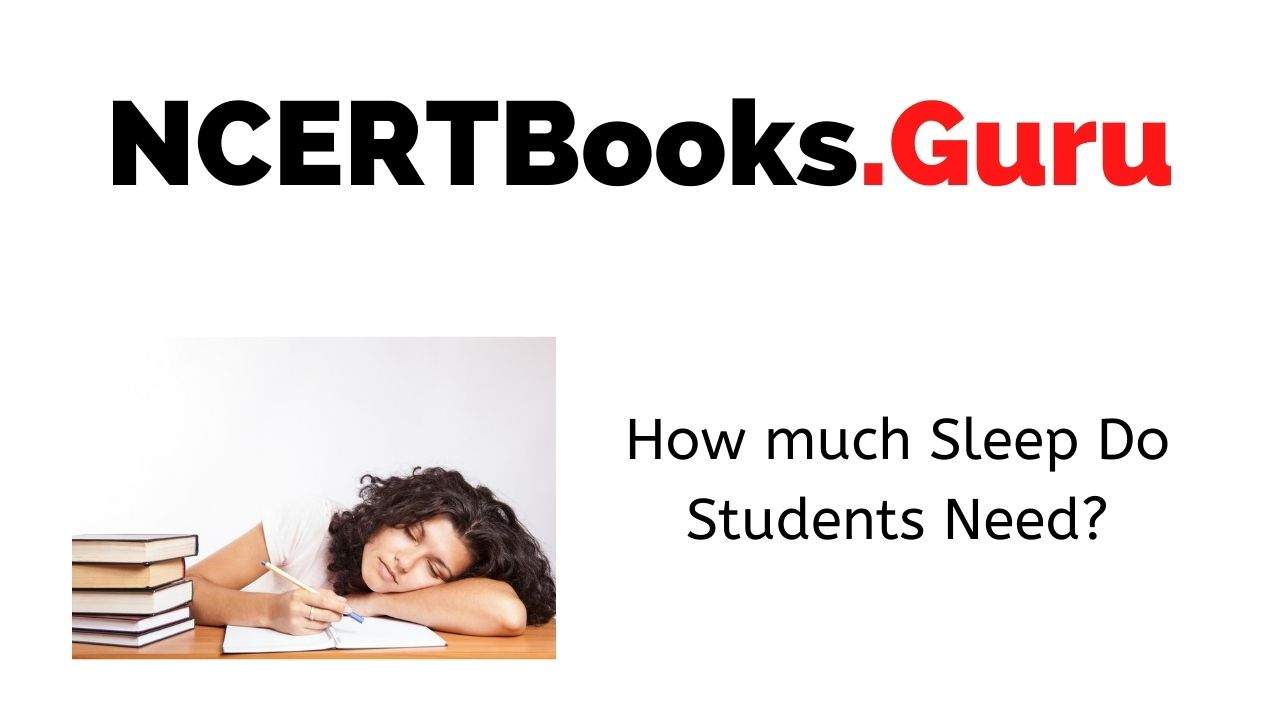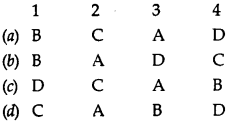NCERT Solutions for Class 10 Social Science Economics Chapter 3 Money and Credit
Textbook Exercises
Question 1.
In situations with high risks, credit might create further problems for the borrower. Explain.
Answer:
The problems for the borrower, in
situation with high risks, may include
(a) The borrower may have to pay interest on principal as well as an interest to the lender.
(b) The lender may resort to court proceedings.
(c) The lender may invoke security agencies, banks etc.
Question 2.
How does money solve the problem of double coincidence of wants? Explain with an example of your own.
Answer:
Money solves the problem of double coincidence of wants, a person repairs watches but he wants a shirt. It is through money, he repairs a watch and get money for his service. He goes to the market, and buys a shirt. If, let us suppose, there is no money so to act as instrument of exchange, how will the watch repairer buys-a shirt. He will have to search a person who wants his watch to be repairer, and then with money he gets, he will have to search another person who is selling shirts. Money solves the problems of the watch-maker and the seller of snirts.
Question 3.
How do banks mediate between those who have surplus money and those who need Money?
Answer:
People who have surplus money want (a) earnings on their cash they have with them. So they deposit their money in the bank and get back interest on their deposits, and their money in the bank is safe against that if they would have their money to some private individuals and risk their money. On the other hand bank gives money on loan to some one who needs money and take interest from the borrower. Thus the bank solves the problem of one who has surplus money and of those who need money.
Question 4.
Look at a 10 rupees note. What is written on top? Can You explain this statement?
Answer:
On a ten rupee note, the statement written by the Governor of the Reserve Bank of India is that: I promise to pay the bearer the sum of ten rupees.
Question 5.
Why do we need to expand formal sources of credit in India.
Answer:
We need to expand the formal sources of credit so-to reduce the dependence on informal sources of credit. Informal sources of credit have with them larger rate of interest.
Question 6.
What is the basic idea behind the SHGs for the poor? Explain in your own words.
Answer:
SHGs stand for Self Help Groups. The basic idea behind the SHGs is that the poor are able to obtain loan from their own self-organised groups, and that too at a lower rate of interest. The SHGs help promote saving among the poor.
Question 7.
What are the reasons why the banks might not be willing to lend to certain borrowers?
Answer:
The bank lends money to those who are able to give back the loan. To those who are unemployed or ill-employed, the bank would not be willing to give them loan. If it does, it may lose the interest as well as the principal amount.
Question 8.
In what ways does the Reserve Bank of India supervise the functioning of bank? Why is this necessary?
Answer:
The Reserve Bank of India supervises the functioning of the banks in numerous ways. This is necessary as well. Some of the many ways through which the RBI supervises these banks are:
- The RBI monitors that the banks keep their account accurately;
- The deposits of the people are kept safely
- The RBI keeps drawing all informations from the banks the record which the banks possess.
- The RBI supervisor the banks that they function according to the rules prescribed by it.
The idea behind the supervision of the RBI is that the people’s money lay safe; that they keep all accounts of records accurately;
that the banks function according to the guidelines prescribed by the RBI.
Question 9.
Analyse the role of credit for development.
Answer:
Money is required by the people for all that they do, especially in business, housebuilding, industries etc. Without money it is impossible to carry on with economic activities. Quite enough money, in cash, is not available. People resort to credit the role of the-credit. Is, indeed, very important. Credit helps arrange money in all economic activities, especially in development projects. Credit can be arranged through formal sources and informal sources. It is always better that the formal sources of credit should be used.
Question 10.
Manav needs a loan to set up a small business. What basis will Manav decide whether to borrow from the bank or the moneylender? Discuss.
Answer:
Manav has to arrange money if he wants to set up a business. Even small business requires a lot of money. Money can be arranged through credit. He should take loan from the bank and not borrow money from any moneylender. The rate or interest on loan from the banks is always lower than interest of interest from the moneylender.
Question 11.
In India, about 80 per cent of farmers are small farmers, who need credit for cultivation.
(a) why might banks be unwilling to lend to small farmers?
(b) What are the other sources from which the small farmers can borrow?
(c) Explain with an example how he terms of credit can be unfavourable for the small farmer.
(d) Suggest some ways by which small farmers can get cheap credit.
Answer:
(a) Small farmers may not be able to pay bank the money they borrow. The banks would not take any such risk.
(b) Small farmers can borrow money from the moneylender is or from the traders or the rich people
(c) If the small farmers borrow money from the informal sources such as moneylenders or traders, the terms of credit would be unfavourable for the small farmers? They will have to pay higher rate of interest than the one if they borrow from the formal sources of credit, say, the bank or the cooperative societies.
(d) Small farmers may get credit from (i) banks, (if) cooperative/agricultural banks, (iff) cooperative societies, (iv) self-help groups (SHGs).
Question 12.
Fill in the blanks:
(1) Majority of the credit needs of the ………….. households are met from informal sources.
(2) ………….. Costs of borrowing increase the debt burden.
(3) …………… issues currency notes on behalf of the Central Government.
(4) Banks charge a higher interest rate on loans than what they offer on ……….
(5) …………. Is an asset that the borrower owns and uses as a guarantee until the loan is repaid to the lender.
Answer:
(1) poor
(2) Higher
(3) The Reserve Bank of India
(4) Deposits
(5) Collateral
Question 13.
Choose the most appropriate answer.
(i) In a SHG most of the decisions regarding savings and loan activities are taken by:
(a) Bank (b) Members
(c) Non-government organisation
(d) Formal sources of credit does not include
(a) Banks
(b) Cooperatives
(c) Employers
Answer:
(i) Members
(ii) Employers.
These Solutions are part of NCERT Solutions for Class 10 Social Science. Here we have given NCERT Solutions for Class 10 Social Science Economics Chapter 3 Money and Credit.

